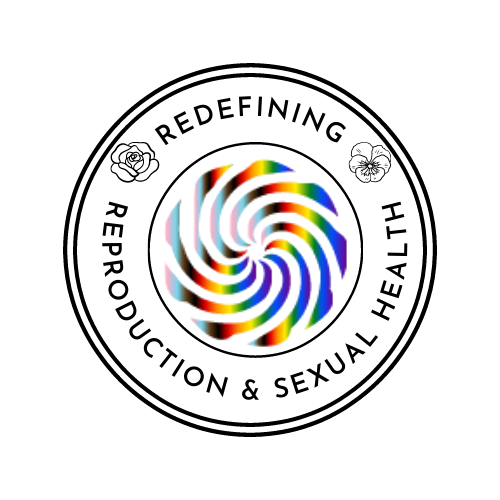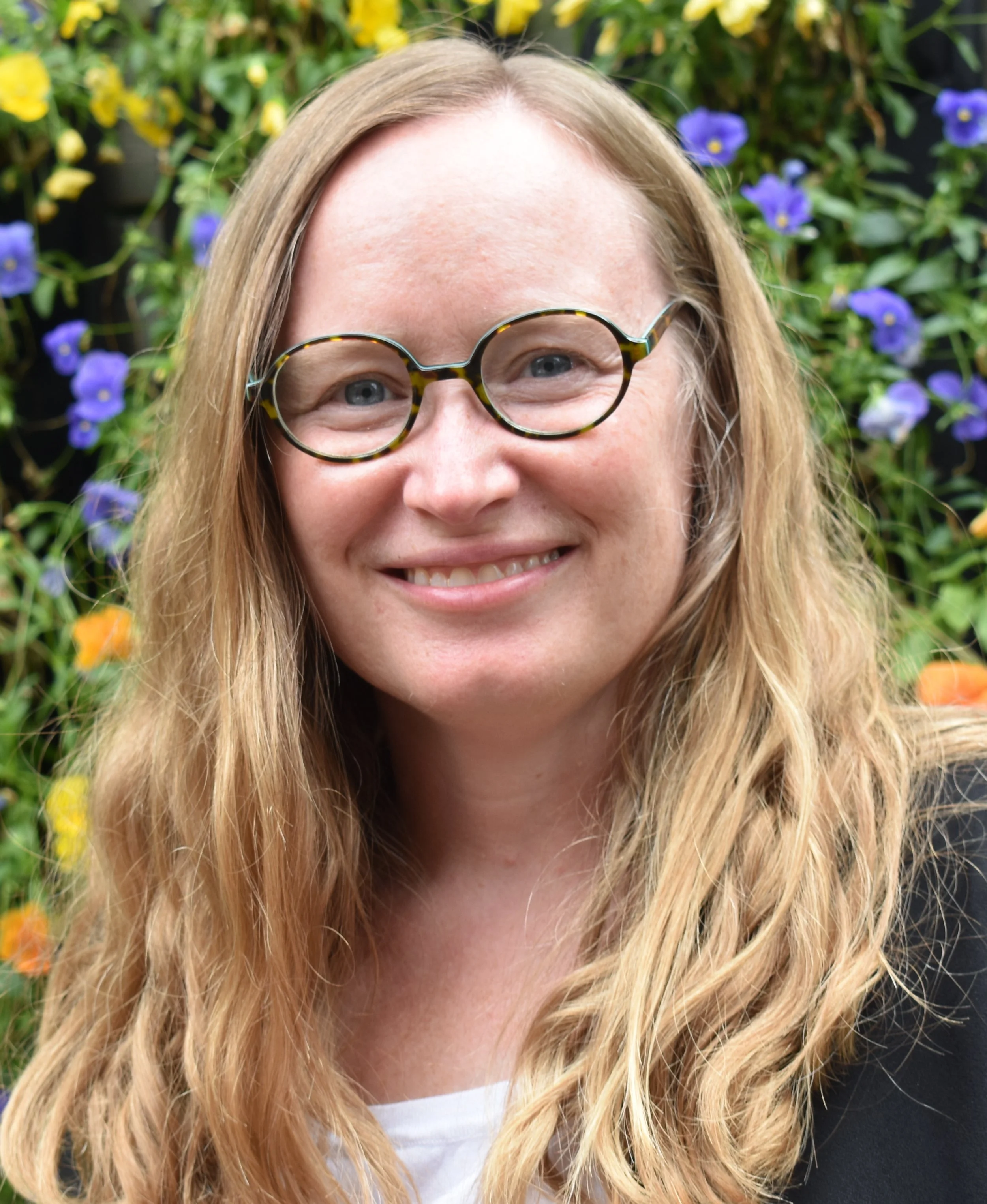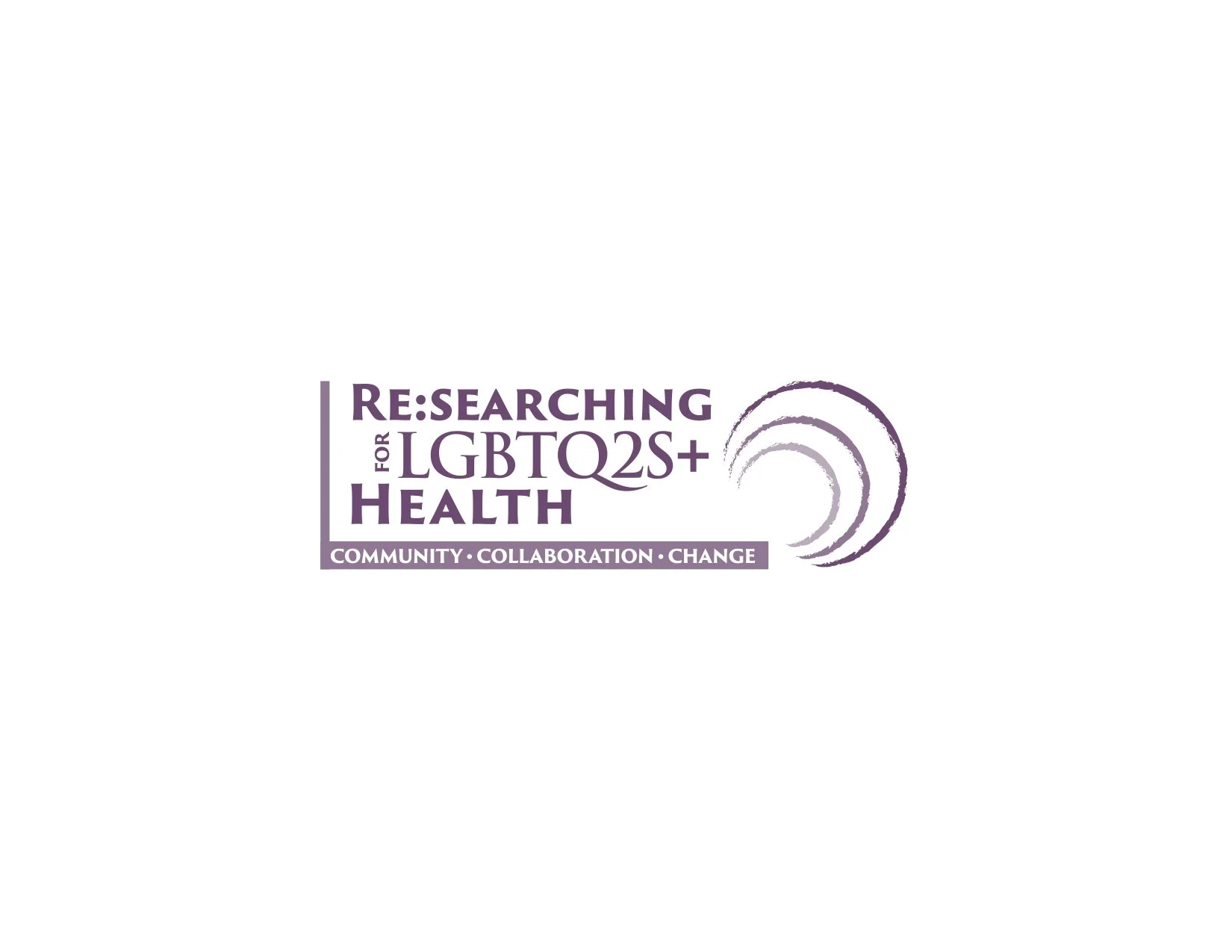
Meet Our Team!
-
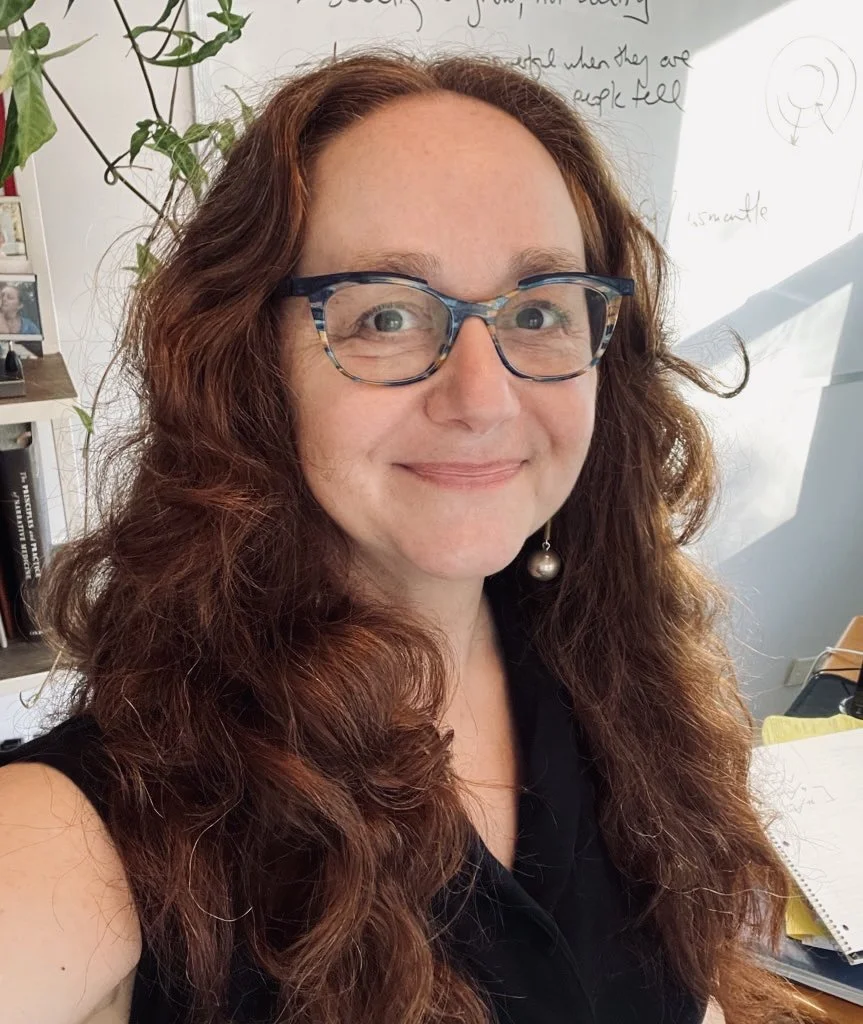
Jen Goldberg RM, MPH, PhD (They/She)
Co- Investigator
-
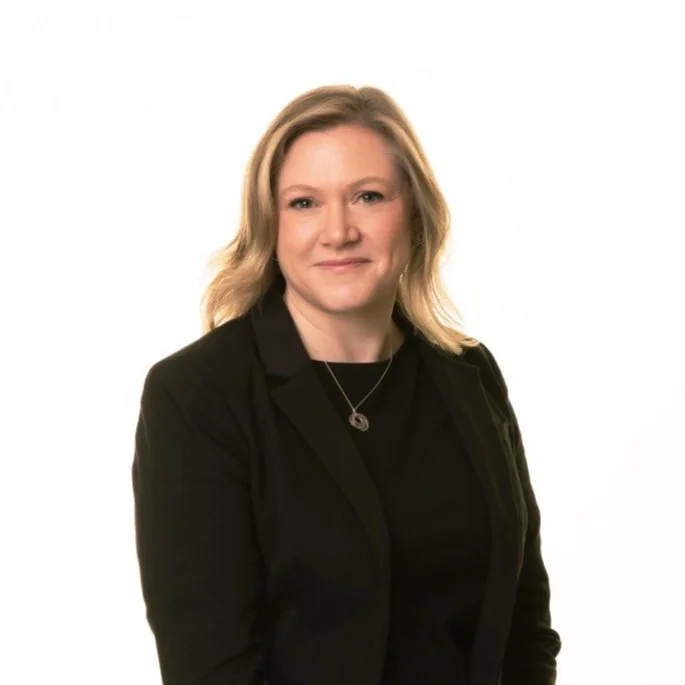
Beth Murray-Davis RM, PhD (She/Her)
Co-Investigator
-

Karen Lawford, PhD (She/Her/They/Them)
Co-Investigator
-
Lori E. Ross, PhD (She/Her)
Co-Investigator
-

Michelle W.Y. Tam, PhD (She/Her)
Co-Investigator
-
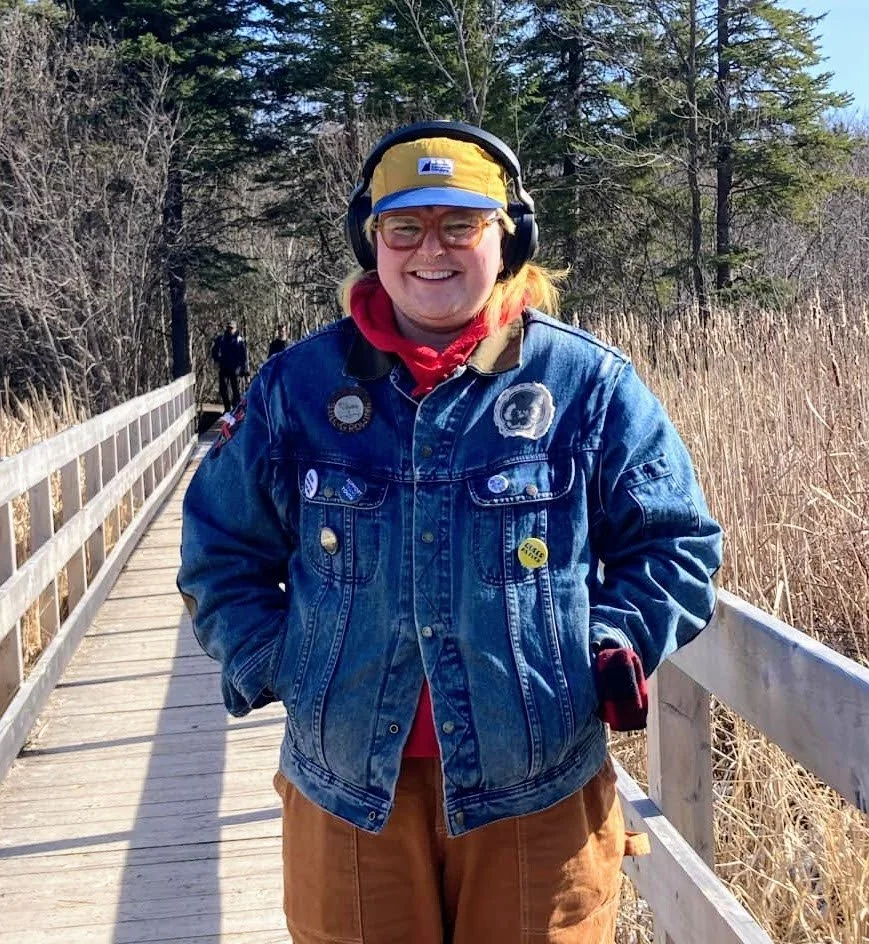
O.G. Thorne (They/Them)
Collaborator
-

Paula Gardner, PhD (She/Her)
Collaborator
-
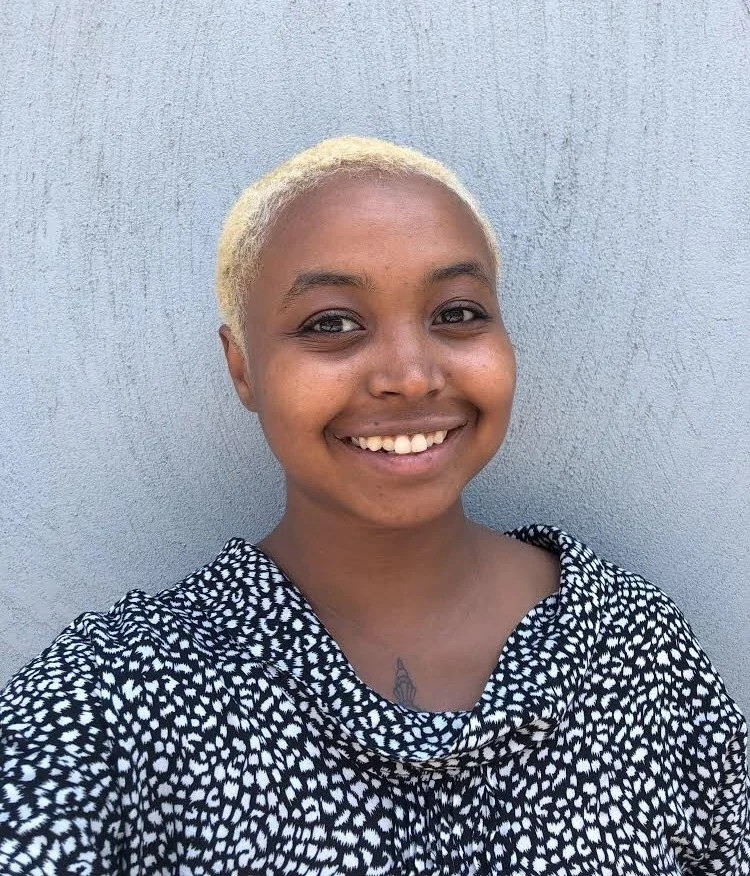
Gabrielle Griffith (They/Them)
Community Advisor
-
Jen is a critical 2SLGBTQ+ health and midwifery scholar, registered midwife, and postdoctoral research fellow at the McMaster Midwifery Research Centre in the Department of Obstetrics and Gynecology at McMaster University, funded through a Social Sciences and Humanities Research Council (SSHRC) Postdoctoral Fellowship. Jen’s research program takes a critical, interdisciplinary approach to investigating 2SLGBTQ health, drawing from public health, critical theory, midwifery, science and technology studies, and critical qualitative methodologies. Jen completed their PhD in Social and Behavioural Health Sciences at the Dalla Lana School of Public Health, funded through a SSHRC Doctoral Fellowship, where they also completed their MPH in Family and Community Medicine.
-
Beth Murray-Davis is a registered midwife and Associate Professor in the Midwifery Education Program, Department of Obstetrics and Gynecology at McMaster University. She also serves as the Scientific Director of the McMaster Midwifery Research Centre. Beth’s research explores care experiences through the voices of service users, with a focus on person-centred and equity-oriented models of care. She brings expertise in qualitative methodologies, including ethnography, grounded theory, and participatory action research. Her work examines how collaborative models and midwifery-led care can support equity-deserving populations and address systemic discrimination within health systems.
-
Dr. Karen Lawford is an Anishinaabe midwife (enrolled member of the Lac Seul First Nation) and a registered midwife (Ontario). She is a founding member of the National Council of Indigenous Midwives and of the Global Council of Indigenous Midwives. Her health systems research champions comprehensive, gender-inclusive sexual and reproductive health and care, which is underpinned by Indigenous theories, methodologies, and methods. Dr. Lawford is committed to advancing the Calls to Action (TRC), Calls to Justice (MMIWG), and the Recommendations in RCAP by influencing policy, program, and systems change at all levels of governance. Dr. Lawford is an Associate Professor in the Midwifery Education Program in the Department of Obstetrics and Gynecology at McMaster University. She holds a Tier II Canada Research Chair in Indigenous Midwifery.
-
Lori Ross is Associate Professor in the Division of Social & Behavioural Health Sciences, Dalla Lana School of Public Health, University of Toronto. She is an interdisciplinary mixed methods researcher with a particular interest in research methodologies for social justice. Lori leads a team of scholars focused on using research to address health and social inequities for Two-Spirit, lesbian, gay, bisexual, trans and queer (2SLGBTQ+) people. You can learn more about Lori’s research at www.lgbtqhealth.ca
-
Michelle WY Tam is a postdoctoral researcher at the Harvard T. H. Chan School of Public Health. She holds a PhD in Public Health Science from the University of Toronto and a Masters in Gender Studies from Queen’s University. Tam’s research interests focus on 2SLGBTQ+ communities, Black, Indigenous, and people of color (BIPOC) populations, healthcare access, sexual and reproductive health, and both mixed-methods and qualitative research approaches. She is interested in research that advances reproductive justice, addresses intersecting inequalities, and ensures meaningful access to sexual and reproductive rights. As a graduate student, Tam’s work focused on family formation in Canada. She examined access to assisted reproductive technologies for 2SLGBTQ+ and BIPOC communities. Her doctoral work has contributed to three constitutional challenges in Canada and included co-authoring expert affidavits. As a postdoctoral researcher, she is current involved in projects that aim to investigate reproductive health disparities among 2SLGBTQ+ populations.
-
O.G Thorne is a fat disabled white nonbinary settler living on Algonquin Anishinaabe land, colonially known as “Ottawa”. Thorne’s educational background centres on Indigenous and Canadian studies, focusing on trans youth healthcare within Canadian gender clinics. Thorne is a trans community organizer and researcher who specializes in gender inclusive intersectional practices, trans and gender-affirming care, and children’s human rights.
-
Paula Gardner, PhD, is Professor in Communications in the Department of Communication Studies and Media Arts, at McMaster University, where she directs Pulse Lab, which engages in rigorous community driven collaboration to create beneficial technology practices and tools . Gardner is a feminist media scholar, with expertise in co-design and transdisciplinary methods, and disability-informed multimodal practice. Gardner leads the ABLE Village the pan-Canadian project, a digital community villlage that engages co-design with diverse older adults to create digital and hybrid games, art experiences and workshops to enhance cognitive, physical and affective health, and enhance social bonds and agency for older adults. Gardner’s practice-based work and media and methods scholarship is published in Communication, Feminist, Science and Technology Studies (STS), and HCI journals and books; she is currently completing a manuscript entitled Policing our Pace: the Racial Economy of Activity Tracking and the Demise of the Social. Gardner a member of various trans-faculty, interdisciplinary research projects at McMaster University including: MAC M3, and the sMAP (Smart Mobility for the Aging Population). At Pulse lab she directs the Check-In BIPOC Podcast Series, and leads the EFECT project, which co-develops pedagogical resources to combat cyberviolence with teams in Canada and South Africa. Visit the Pulse Lab website for more research information: https://pulselab.humanities.mcmaster.ca/
-
Gabrielle Griffith is a community builder, educator, researcher and advocate working at the intersections of reproductive justice, perinatal mental health, and equitable care.
Gabrielle’s work is rooted in the belief that care should be accessible, affirming, and community-driven. Their unique perspective and lived experiences shape their commitment to ensuring that inclusivity, representation, and justice remain at the forefront of their work.
